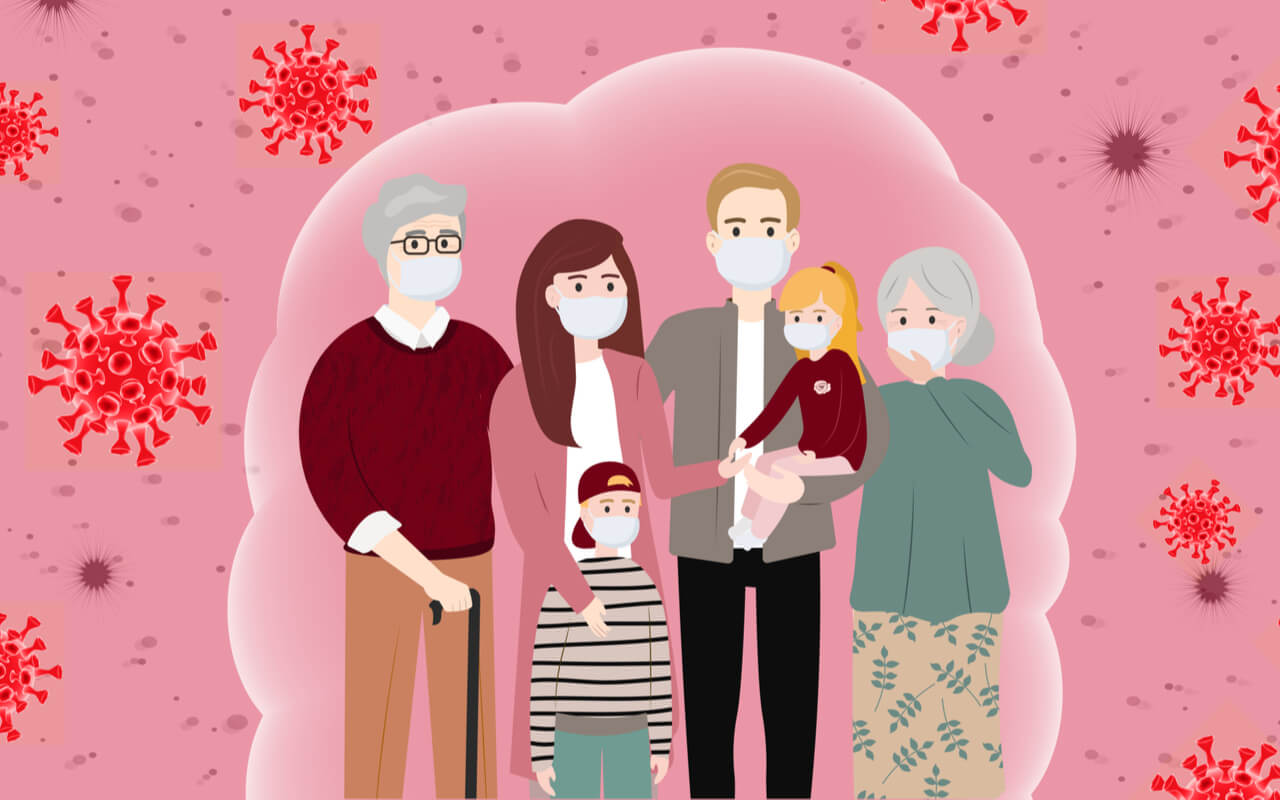Research shows paid leave is needed to protect families, workers, and businesses during the coronavirus recession and beyond

The challenge for U.S. workers of balancing family and job responsibilities amid the coronavirus recession without access to paid family and medical leave is, alas, a familiar story even before the pandemic hit the country. When a new child arrives, loved ones get sick, or a serious illness strikes, people need time away from work. But even at these times of joy or stress, bills and expenses will keep coming, and families must find a way to cope with financial uncertainty. This is not a new challenge, but it is often one that families deal with individually—with every household forced to patch together solutions as best they can.
Now, the rapid spread of COVID-19 and the economic measures taken to “flatten the curve” of its spread expose anew the deep problems with our nation’s lack of federal paid family leave and medical leave programs. Workers will have to take time away from work to take care of themselves, their families, and their communities to cope with this fast-escalating public health crisis.
In response to the pandemic, Congress earlier this month extended limited emergency paid leave for parents dealing with school closures. This measure is temporary and will not help workers who need to remain at home due to serious illness or a sick loved one. A permanent and robust family and medical leave system is needed to help families weather the current public health crisis and support families’ economic security and well-being for years to come.
Traditionally, the conversation around paid family and medical leave has centered around new parents, and, indeed, so has much of the research. Yet, there are many different reasons one may need time away from work. Paid family and medical leave programs at the state level typically cover paid time off to bond with a new child, respond to a spouse’s military service, deal with a loved one’s illness, and deal with one’s own serious illness. As policymakers consider paid family and medical leave options in response to COVID-19 and beyond, they are aided by extensive research on how to design a paid leave system that supports families and the economy. See our new factsheet on paid leave policies amid the coronavirus recession.
Much of what is known about paid family and medical leave comes from research on parental leave. While people will continue to have babies even during a pandemic, parental leave has not been the focus of the response to COVID-19. Rather, the pandemic highlights a critical need for paid medical leave and paid caregiving leave for those dealing with their own illness or that of a loved one.
Less research has been devoted to these types of paid leave, but studies on similar programs suggest that allowing paid time away from work could support individual health, public health, and economic security. See our new factsheets on paid caregiving leave and paid medical leave, and our longer issue brief on these topics amid the coronavirus recession.
The current and even more dire future consequences of the coronavirus recession means it is critical to enact policies based on evidence-backed research about what works. The COVID-19 pandemic highlights the need for permanent paid family and medical leave at the federal level. When this new pandemic is over or when the next one comes along, people will still start families, get sick, and need to care for loved ones. The research strongly suggests that paid family and medical leave can provide important health and economic benefits to families and the broader economy. Policymakers should lean on this research as they work to support families in this time of crisis and beyond.






